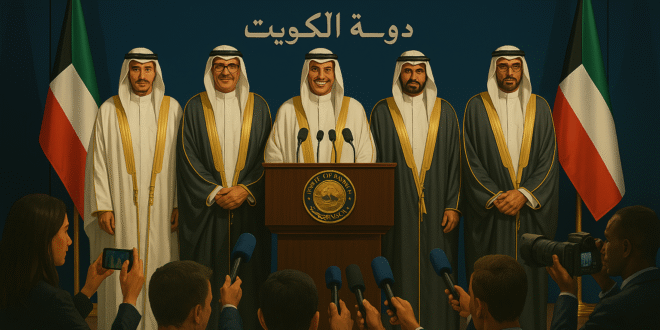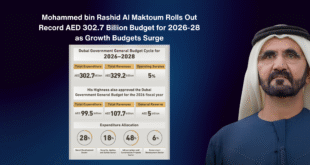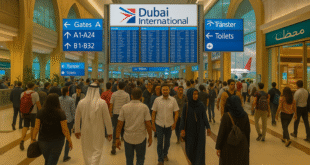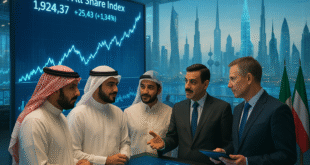In a move that has ignited widespread political and public debate, Kuwait’s cabinet reshuffle—announced in early June 2025—has introduced new faces and revived questions about the country’s direction on key policy fronts. The reconfiguration, which includes several high-profile ministerial changes, is seen as both a reaction to domestic pressures and a recalibration of Kuwait’s approach to regional diplomacy and economic reforms.
🔁 A Strategic Shake-up
The Kuwait cabinet reshuffle comes amid growing calls for accelerated reforms and greater transparency in governance. The new appointments reflect a mix of technocrats and younger policymakers, suggesting an attempt to bridge the gap between tradition and modernization.
Key changes include:
- New Minister of Finance: Seen as a pro-market reformist with international banking experience
- Education Portfolio Overhaul: A younger minister has been tasked with overhauling the curriculum and digital education
- Foreign Ministry Restructure: A diplomatic heavyweight returns to navigate the shifting sands of Gulf geopolitics
“Kuwait has been under increasing pressure to show progress on fiscal policy, and this cabinet signals a renewed push toward budget discipline,” said Dr. Ayman al-Jaber, a political analyst at Gulf Policy Institute.
🧩 Political Implications and Tensions
The cabinet reshuffle was not without controversy. Several opposition lawmakers have expressed skepticism over the appointment process, citing the lack of parliamentary consultation and concerns over continuity.
Kuwait’s semi-democratic political system, which includes an elected parliament and a ruling Emir, often results in friction between the executive and legislative branches. Political observers warn that without real reform momentum, the cabinet shuffle could become a symbolic gesture rather than a substantive shift.
Opposition blocs are demanding:
- Anti-corruption enforcement
- A public employment overhaul
- Reform of the subsidies system
📈 What It Means for the Economy
At the heart of the Kuwait cabinet reshuffle lies the challenge of rebooting a sluggish economy. Despite substantial oil revenues, Kuwait has lagged behind neighbors like Saudi Arabia and the UAE in diversifying its economic base.
The new finance minister is expected to push for:
- Subsidy rationalization
- Introduction of VAT
- Privatization of state-owned enterprises
- Improved foreign investment frameworks
These proposals have long been discussed but have historically faced resistance in parliament and among public sector workers.
🧒 Youth Employment and Education Reform
Another major area of focus is youth employment. With unemployment rates among young Kuwaitis hovering near 16%, the newly appointed education and labor ministers have been directed to collaborate on vocational programs and align university curricula with job market demands.
Recent initiatives include:
- Expansion of tech-focused university programs
- Public-private partnerships for skill development
- Gig economy incentives to diversify income streams
Analysts believe this area will be a litmus test for the new cabinet’s effectiveness in addressing Kuwait’s generational demands.
🌍 Regional and Diplomatic Outlook
The reshuffle also hints at a strategic shift in Kuwait’s regional diplomacy. With tensions simmering in the Gulf over energy policy and regional alliances, the appointment of a seasoned diplomat as Foreign Minister is widely seen as an effort to maintain Kuwait’s traditional neutral stance while becoming more assertive on economic cooperation.
Early signs suggest a desire to:
- Strengthen ties with Saudi Arabia and the UAE
- Mediate in regional disputes
- Expand energy exports to Asian markets
🗳️ Public Reaction and What’s Next
Public sentiment is mixed. While some citizens are hopeful that fresh faces could bring long-awaited change, others remain skeptical given Kuwait’s history of short-lived cabinets and repeated political deadlock.
Social media in Kuwait has been buzzing with commentary. Hashtags like #KuwaitCabinet2025 and #NewBeginnings have trended in recent days, reflecting both optimism and wariness.
📌 Final Word
The Kuwait cabinet reshuffle could prove to be a defining moment—if followed by real reform and strategic policymaking. With fiscal discipline, youth employment, and foreign relations on the line, the new ministers face no shortage of challenges.
Whether this political reset leads to meaningful transformation or simply reshuffles the deck remains to be seen. But one thing is clear: the Gulf is watching closely.
 The Credible Story Trending stories that keep you hooked
The Credible Story Trending stories that keep you hooked




